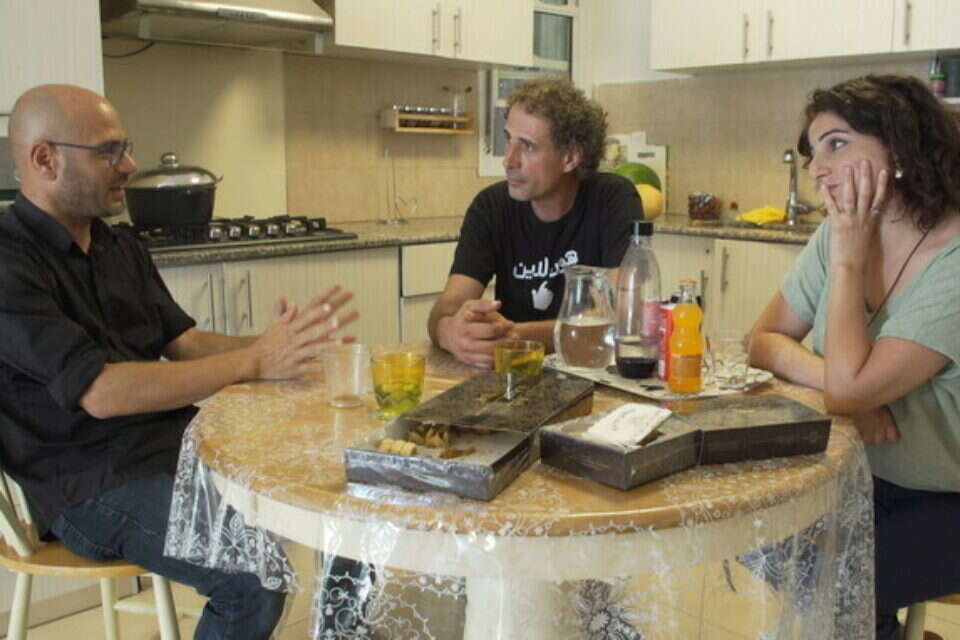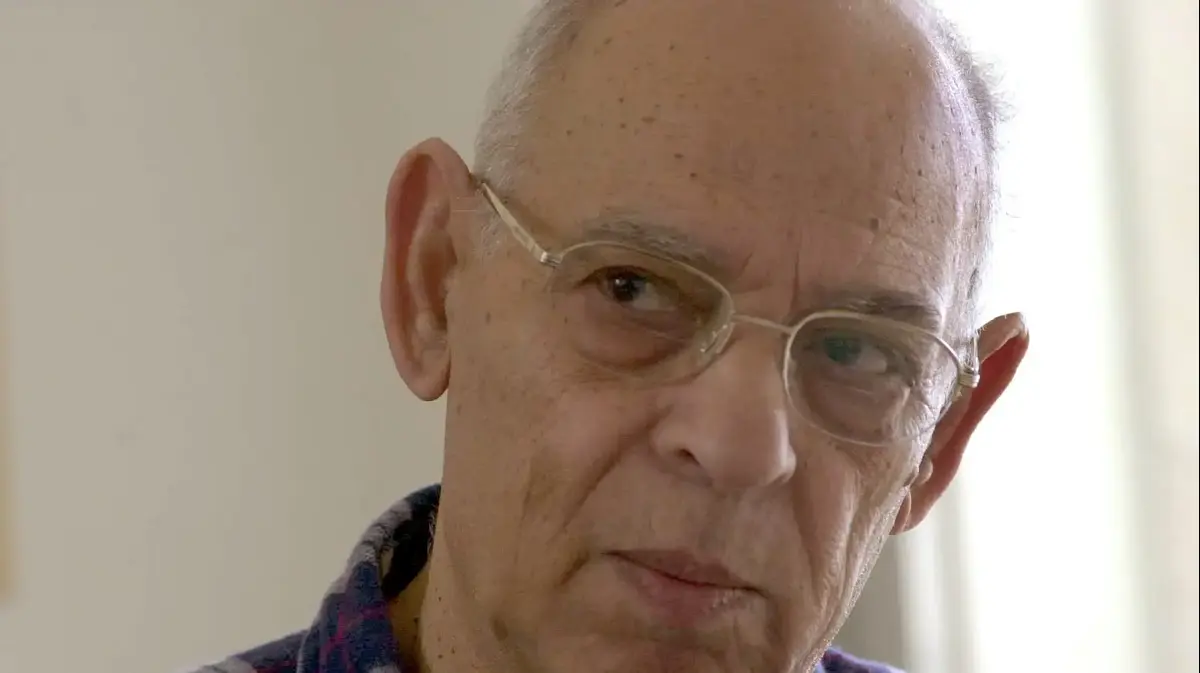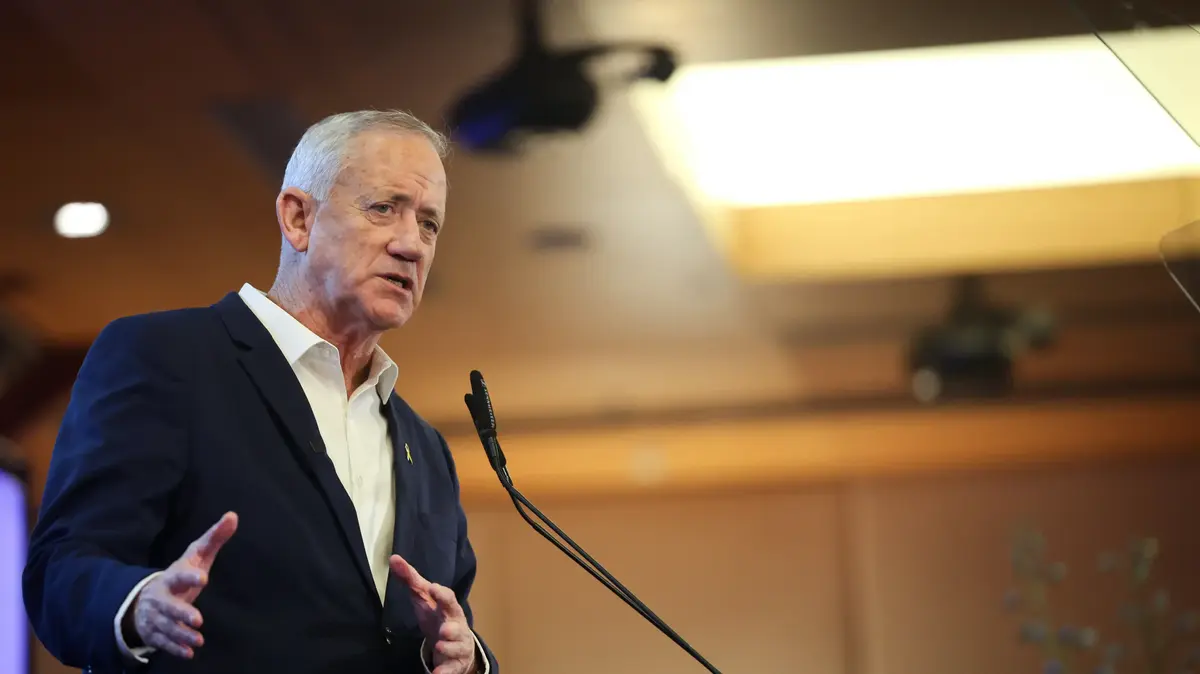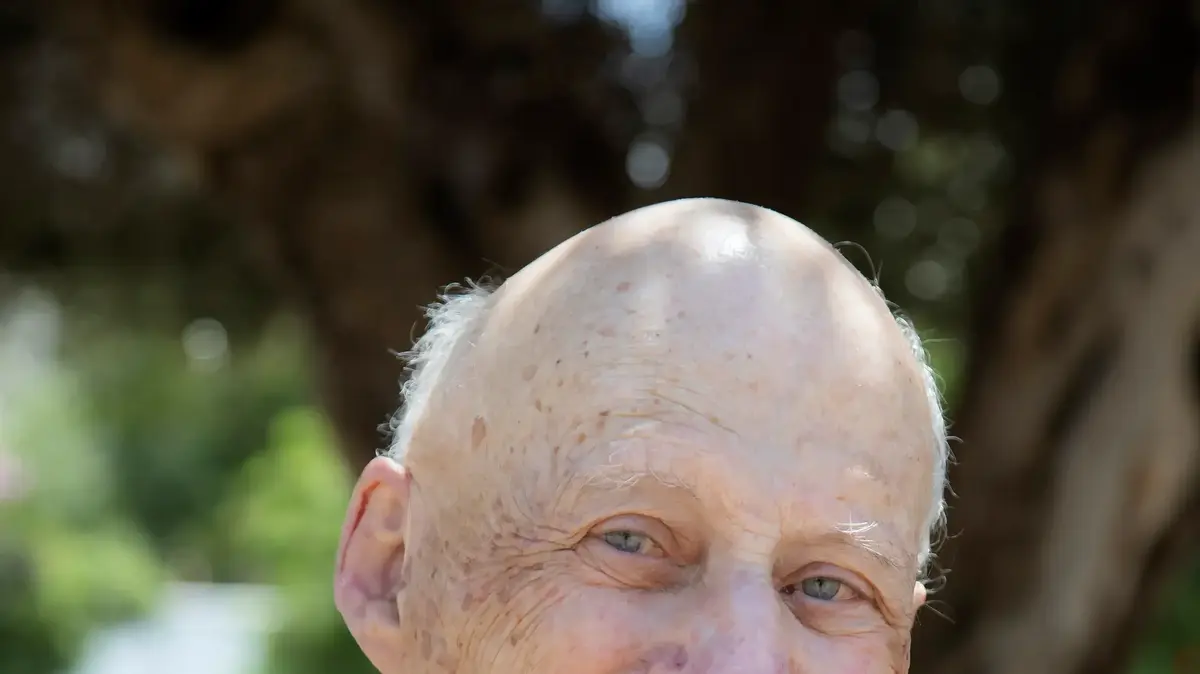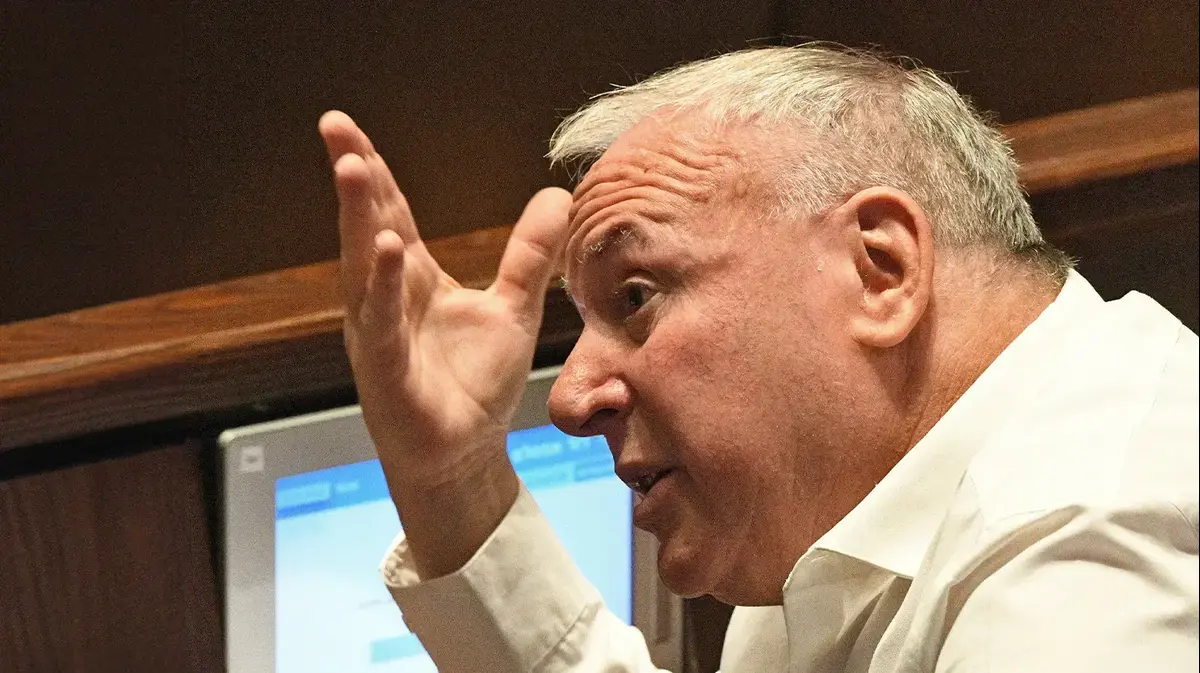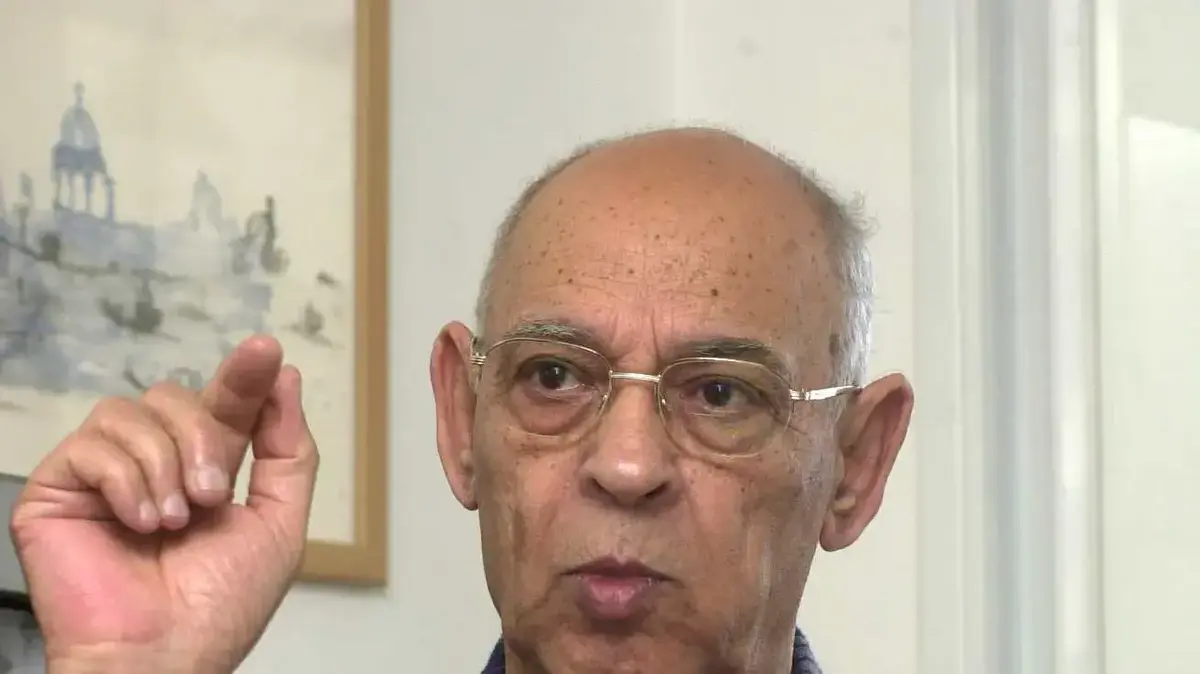This week, News 12 launched the series of articles "Being an Arab in Israel" by Ohad Hemo.
Watching the first two episodes reveals the following main line: A significant portion of the young people in the sector suffer from a lack of opportunities and alienation from the symbols of the state.
Therefore, we, the members of the Jewish majority, should be troubled.
There are things in the body, but before we are bothered - we must anticipate factual and socio-cultural study and clarification.
His father-in-law, who seeks to dispel myths and generalizations, opens with a scene focusing on an educated Arab housewife, who marvels at rolling vine leaves with rice. Later in the journey, he comes across Ayman Nahas - a stand-up comedian who emphasizes his Arab identity: "I have roots. I am Palestinian. I am a citizen of Israel because I have no choice," and in the same breath resent the generalizations and stereotypes that Jews throw at him. The angles of photography illuminate the figure of Nahas, the representative of the minority, out of empathy and sympathy.
The problem is that Nachas is not a representative of just a minority group, say in Norway, but part of a bitter and hostile "Palestinian" identity and identity, and this is not mentioned in the article. What is particularly disturbing is the trick of his father-in-law, as well as of journalists who love the discrimination genre: they want to make the Arab citizen an individual (in terms of "he is a human being, what do you want from him?"), And they want him to be part of a collective (Arab-Palestinian) identity . A fair critic will slap his father-in-law: "How long do you miss the two sections?" But why be fair if this double standard wins the journalist a warm hug from the brass?
His father-in-law is aware of the low position of Israeli Arabs on the education scale, but through statistics he "proves" that the matter stems from built-in discrimination, which in turn lowers both the level of education and the average income of the educated from the minority. In support, he interviews Rafat - a resident of Jisr a-Zarqa, who works hard for a living and is illiterate. His father-in-law points out that the interviewee is his age, but not as lucky as he is, and resonates with ethno-national discrimination. Good and beautiful, but according to this punch it is worth adding knowledge from the field of culture. Here is an example: In many of the Arab local authorities in Israel, there is a clear tendency to appoint associates by clan key. Why would there be an incentive for a young Arab to start higher education, and to study at all, if his fate is determined by the very status of the affiliation?
Another failure, typical of fans of the genre, lies in the journalist's arbitrary decision to decide what the point of reference or comparison is. Here is a theoretical example. A report by the Taub Center, published under the heading "State of the State" for 2018, shows that the average life expectancy of women and men in the Jewish public is 83 years - about three to four years higher than among Israeli Arabs. You can end here, but the authors Add: There is no country in the Middle East whose citizens enjoy such a level of life expectancy. This, of course, is not mentioned in Ohad Hamo's articles. And yet, there is a gap that can ostensibly be attributed to the difficulties of geographical accessibility of the minority to advanced medical services. But we should also consider cultural factors: life expectancy is also affected by lifestyle - in the Arab sector a relatively high proportion of smokers, some of whom tend to dismiss contemptuously the critics with the punch: "Cigarettes? Diseases? Everything from Allah." fatalism.
Like many liberal circles, his father-in-law sits on the implicit assumption that if the economic and political situation of the minority citizens improves, if we only acknowledge Palestinian suffering - and he certainly hints at it (recognition of the Nakba events) - everyone will jump on the bandwagon and end bloody history.
Well, that will never happen.
Here is the basic principle: Human beings fight not only for the quality of life but for identity, values and culture, and for that they will be willing to pay a price, sometimes in terms of life itself (hence inequality).
A prominent representative of this paradigm in the Israeli media is Zvi Yehezkeli, and critical viewers are occasionally advised to drop by for a refreshing visit to the competing channel.

